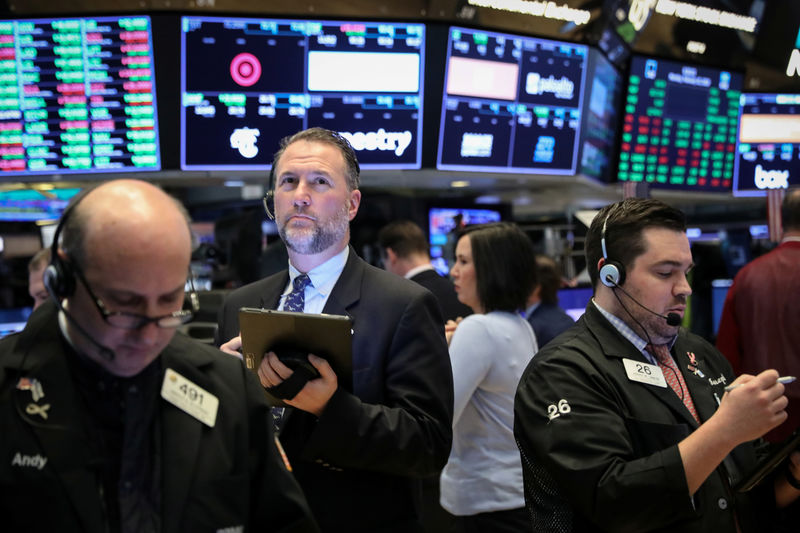WASHINGTON (Reuters) - The U.S. regulator charged with overseeing derivatives markets said on Friday it is boosting communications with industry players and oversight as disruptions from the spreading coronavirus epidemic worsened, roiling global financial markets.
The Commodity Futures Trading Commission (CFTC) is "closely monitoring the situation and its impact on the derivatives markets" by boosting oversight briefings and staying in "regular contact with clearing firms to ensure critical market infrastructure is operating as expected," Michael Short, the CFTC's chief communications officer, said in a statement.
U.S. Treasury debt yields plunged to historic lows on Friday, and U.S. stocks tanked as the Dow Jones Industrials (DJI) shed more than 800 points. In Europe, the pan-regional STOXX 600 index (STOXX) fell sharply and the travel & leisure sub-index (SXTP) dropped into bear market territory, down 20% from a recent peak.
The CFTC is the U.S. regulator of the swap market, which has a notional value of $600 trillion and was a flashpoint of the 2007-2009 financial crisis that brought down Lehman Brothers in 2008 and nearly toppled insurance giant AIG (N:AIG). Liquidity crunches sparked by volatility in commodity derivatives markets have felled other big firms in the past, including MF Global in 2011.
With the introduction of the 2010 Dodd-Frank Act, the CFTC has dramatically beefed up its authority and oversight of the swap market, imposing new data reporting, trading, margin and central clearing requirements for dealers.
In 2017, the agency created a new unit to build the agency's market intelligence capabilities. It monitors over 100 commodity markets worldwide, assessing a range of issues including stress or liquidity, said Short. That unit is providing multiple daily and intraday updates, he said.
The CFTC has also been in regular communication with other regulators, exchanges and the National Futures Association, a self-regulatory derivatives industry body, the agency said.
The National Futures Association said on Wednesday it had been coordinating with industry groups to address technical concerns around contingency arrangements which may make it difficult for trading firms to comply with all the rules, the group said in a statement on Wednesday.
A representative for the association did not respond immediately to a request for additional comment on Friday.
Also on Friday, the Office of the Comptroller of the Currency (OCC) said it has increased monitoring and conversations with regulated institutions to ensure contingency plans are "current, relevant, and reflect a comprehensive understanding of each bank’s unique risks and business profile."
The OCC, a unit of the U.S. Treasury Department, also said it is consulting with other agencies and has reviewed its own contingency plans.
